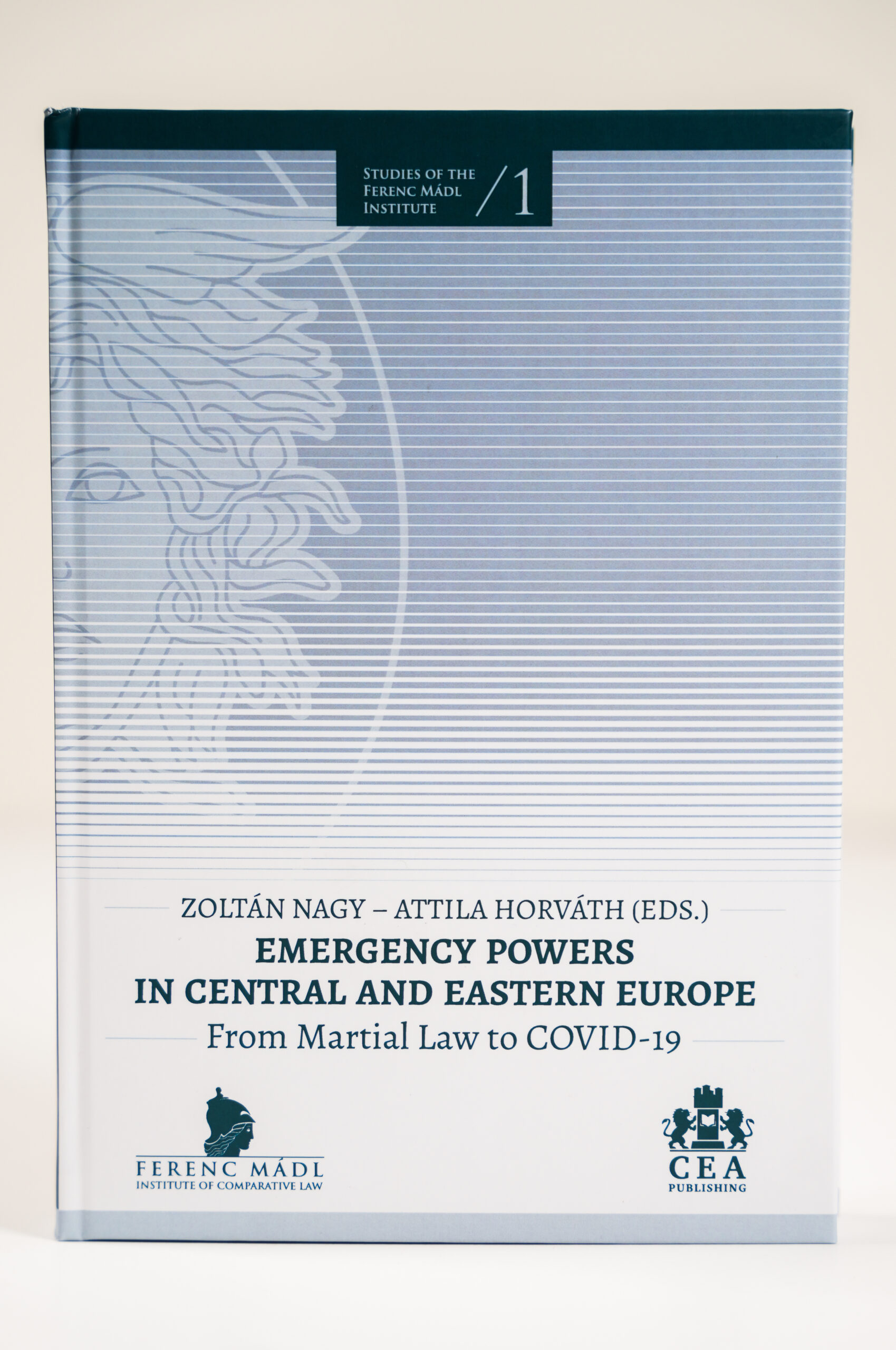Abstract
The global crisis triggered by COVID-19 shed light on the exceptional situations in which governments may need to be empowered to take actions that they would not normally be permitted, in order to maintain or restore the integrity of the state and public safety and protect their citizens. Emergency powers are often regarded as a neglected field of constitutional law since most European countries rarely have to face crises or threats that cannot be managed under normal operating conditions.
It would be not an overstatement to say that the pandemic was a milestone in the history of emergency powers. It was quite obvious from the very beginning that national responses have varied considerably, which may be attributed to the apparent differences between the legal frameworks of the various countries. As this book points out, each country struggled to find the proper legal response for the crisis and some of them were even forced to cross existing legal frameworks, whilst seeking a balance between legality and efficiency.
The basic goal of this volume is twofold: On the one hand, readers are provided with an in-depth analysis and comparison of the systems of emergency powers of eight Central and Eastern European countries, paying special attention to the states of exception declared in the previous decades; on the other hand, the book is devoted to discussing the constitutional law aspects of the responses for COVID-19 crisis, highlighting the relevant legal and political debates, dilemmas and viewpoints surrounding the pandemic up until June 2021. Although the viewpoint of the book is primarily based on constitutional law, we also deal with the COVID-19 pandemic as an economic crisis, comparing the fiscal and monetary measures of crisis management.



